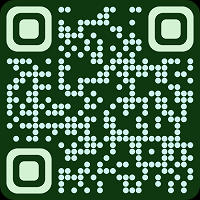During National Invasive Weeds Awareness Week, the Department of Parks & Recreation reminds all New Yorkers not to plant invasive weeds, which are threats to New York City’s parks and green spaces. ... Invasive species are sold in the City and are commonly added as ornamental interest to landscapes and gardens. ...
... Over an extended period of time, an invasive species planted in a home garden has the ability to spread to other natural areas, degrade land, and disrupt natural habitat. Unlike native plants, invasive weeds have no natural predators in non-native natural environments, which allows their population to grow unchecked. One invasive species is the Japanese Barberry (some varieties), which is commonly planted in gardens for its pale yellow flowers and bright red berries but which pose a severe ecological threat in natural habitats by altering soil pH, nitrogen levels, and biological activity in the soil, thus reducing wildlife habitat. Another invasive weed is the Purple Loosetrife, commonly planted for it’s beautiful purple flowers but which outcompetes and replaces native grasses and flowering plants in wetlands areas, thus forming a dense, homogenous clump and reducing habitat for waterfowl.Gardeners should check out the Parks Department's Do Not Plant list of species invasive in the New York City area.
Invasive weeds have plagued New York City’s natural environment for centuries, arriving with the first migration of Europeans to the continent and currently transported through trade and commerce. Invasive weeds that thrive in the New York City are able do so because the City’s climate is similar to that of their country of origin. Many common invasive weeds in New York City hail from Korea, Japan, and parts of China, where average temperature, amount of rainfall, and rainfall distribution is similar to that of New York City.
Links:

No comments:
Post a Comment